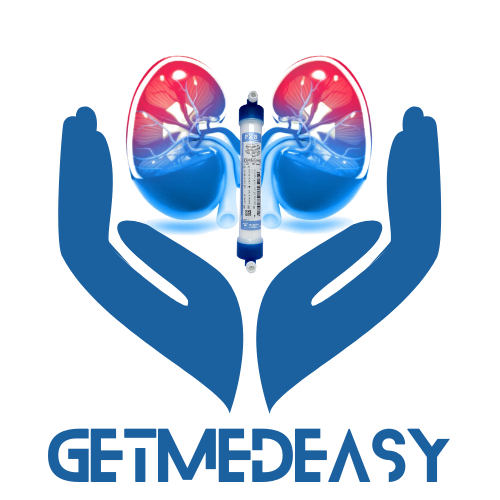Chronic Kidney Disease (CKD) Stage 3 means your kidneys have moderate damage and are working at 30–59% of their normal capacity. While it may not yet require dialysis, this stage demands serious lifestyle changes, especially in your diet. A well-balanced, kidney-friendly meal plan can slow the progression to later stages and reduce complications like high blood pressure, anemia, and bone problems.
Goals of a CKD Stage 3 Diet
- Slow the progression of kidney damage
- Control blood pressure and blood sugar
- Reduce the buildup of waste in the blood
- Maintain proper fluid and electrolyte balance
- Prevent malnutrition and maintain energy
What to Eat on a CKD Stage 3 Diet Plan
Here are the kidney-friendly food categories you should include:
1. Low-Sodium Foods
High sodium can worsen blood pressure and damage kidneys.
- Fresh fruits and vegetables
- Herbs and salt-free seasonings
- Homemade soups (without added salt)
- Unsalted snacks (e.g., unsalted popcorn, nuts)
2. High-Quality Protein (in Moderation)
Too much protein can stress the kidneys, but you still need some for repair.
- Skinless poultry
- Fish (like salmon or tilapia)
- Egg whites
- Tofu
3. Low-Potassium Fruits and Vegetables
High potassium levels can be dangerous in CKD.
- Apples, grapes, berries
- Cabbage, cauliflower, green beans
- Cucumber, lettuce, and onions
4. Healthy Carbohydrates
Complex carbs provide energy without taxing the kidneys.
- White rice, white bread, pasta
- Oats and low-sodium cereals
- Unsweetened applesauce and rice cakes
5. Heart-Healthy Fats
Healthy fats protect your heart, which is often under strain in CKD.
- Olive oil
- Flaxseed oil
- Avocados (in moderation due to potassium)
What to Avoid in CKD Stage 3
1. High-Sodium Foods
- Processed meats (bacon, sausage, ham)
- Packaged snacks (chips, instant noodles)
- Canned soups and sauces
- Restaurant and fast food
2. High-Potassium Foods
- Bananas, oranges, avocados
- Potatoes, tomatoes, spinach
- Dried fruits and fruit juices
3. High-Phosphorus Foods
Phosphorus can build up and weaken bones.
- Dairy products (milk, cheese, yogurt)
- Dark sodas (cola, root beer)
- Nuts and seeds
- Processed meats with phosphate additives
4. Too Much Protein
Excess protein increases the workload on kidneys.
- Red meat in large portions
- Protein powders and supplements (unless advised by a doctor)
5. Alcohol and Sugary Drinks
- Alcohol can dehydrate you and damage kidneys
- Sugary sodas and sweet teas worsen diabetes and weight gain
Sample One-Day CKD Stage 3 Meal Plan
| Meal | Food Items |
| Breakfast | Oatmeal with blueberries and egg white omelet |
| Snack | Apple slices with low-sodium rice cakes |
| Lunch | Grilled chicken salad with olive oil dressing and white rice |
| Snack | Unsweetened applesauce or cucumber sticks |
| Dinner | Baked fish, steamed cauliflower, white pasta |
| Drink | Water, herbal tea, or a renal-friendly beverage |
Pro Tips from a Renal Dietitian
- Always read food labels for sodium, potassium, and phosphorus content.
- Don’t take over-the-counter supplements without your doctor’s approval.
- Hydrate properly but monitor fluid intake if advised.
- Work closely with a renal dietitian to tailor your plan.
Conclusion
A well-designed CKD Stage 3 diet plan is your best defense against disease progression. By carefully managing your intake of sodium, potassium, phosphorus, and protein, you can protect your kidneys and live a healthier, longer life. Make gradual changes, stay consistent, and consult your doctor regularly to track your kidney health.




